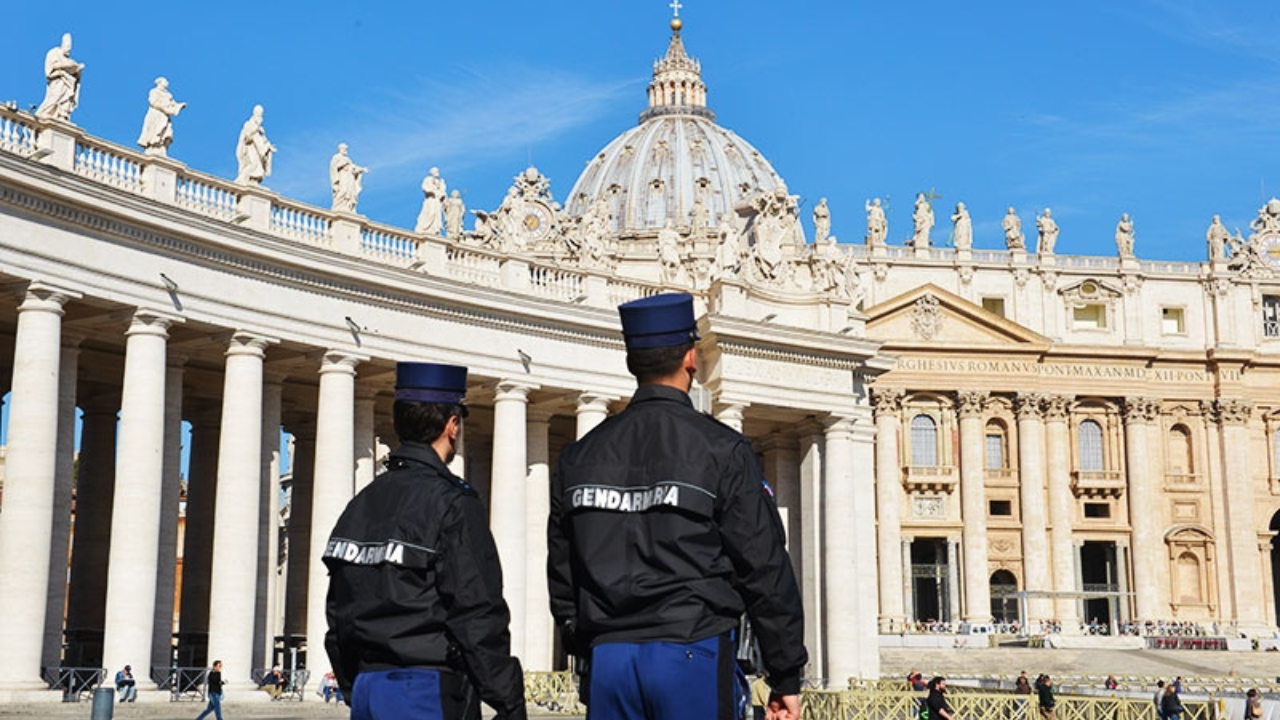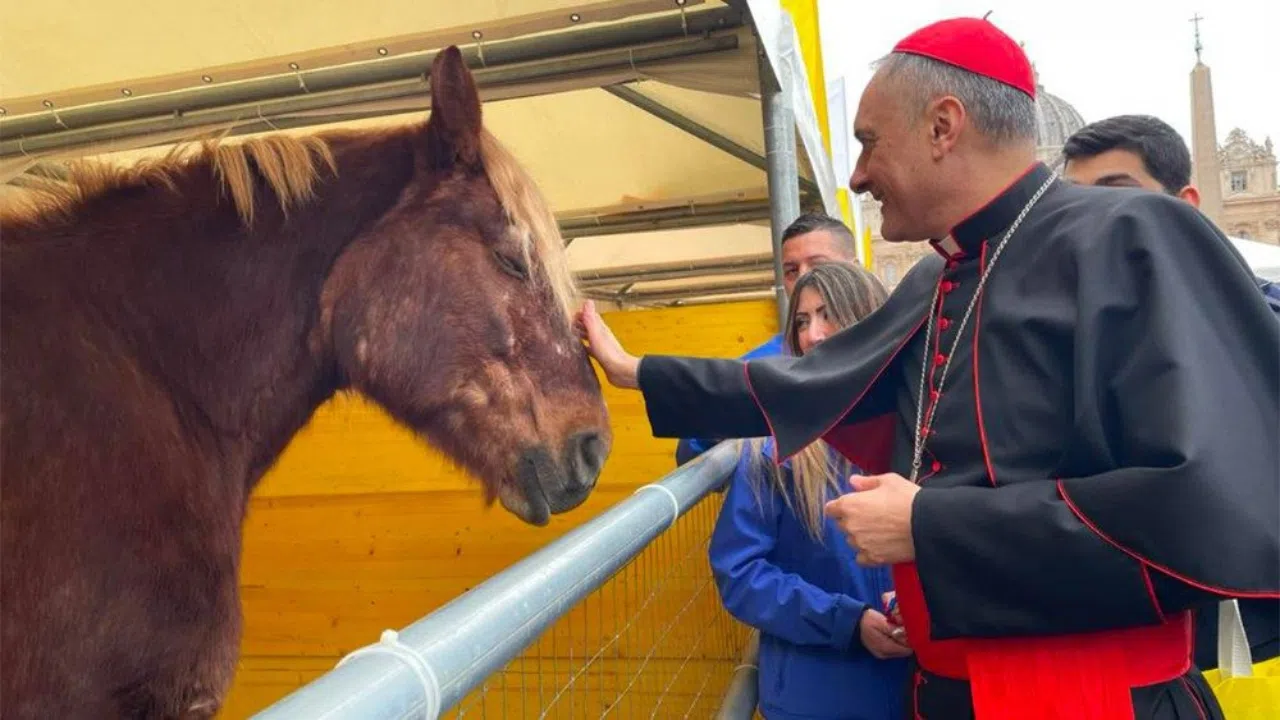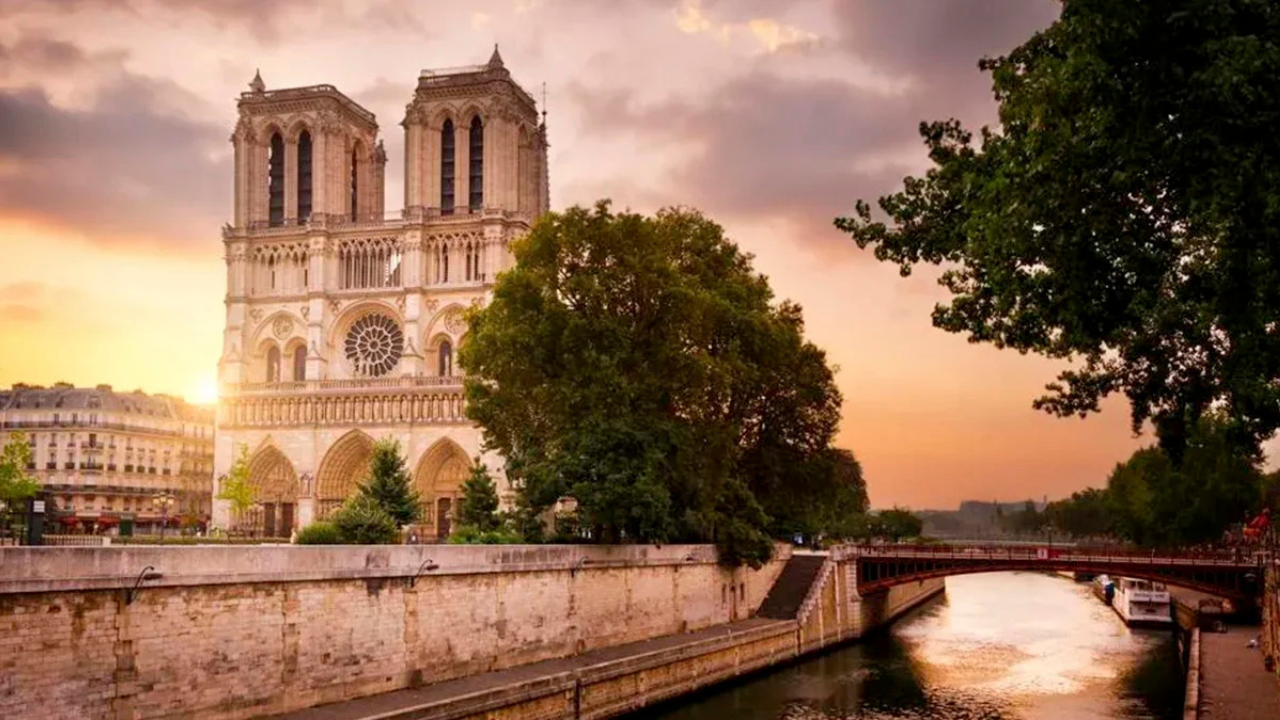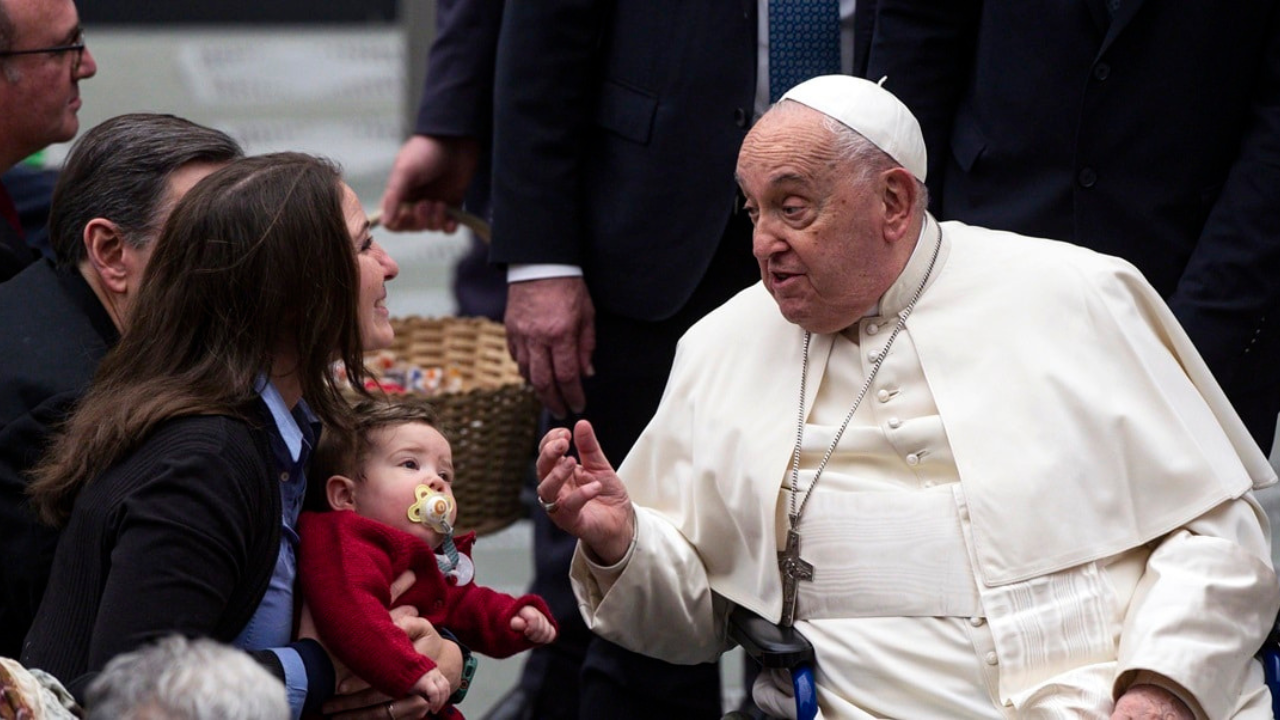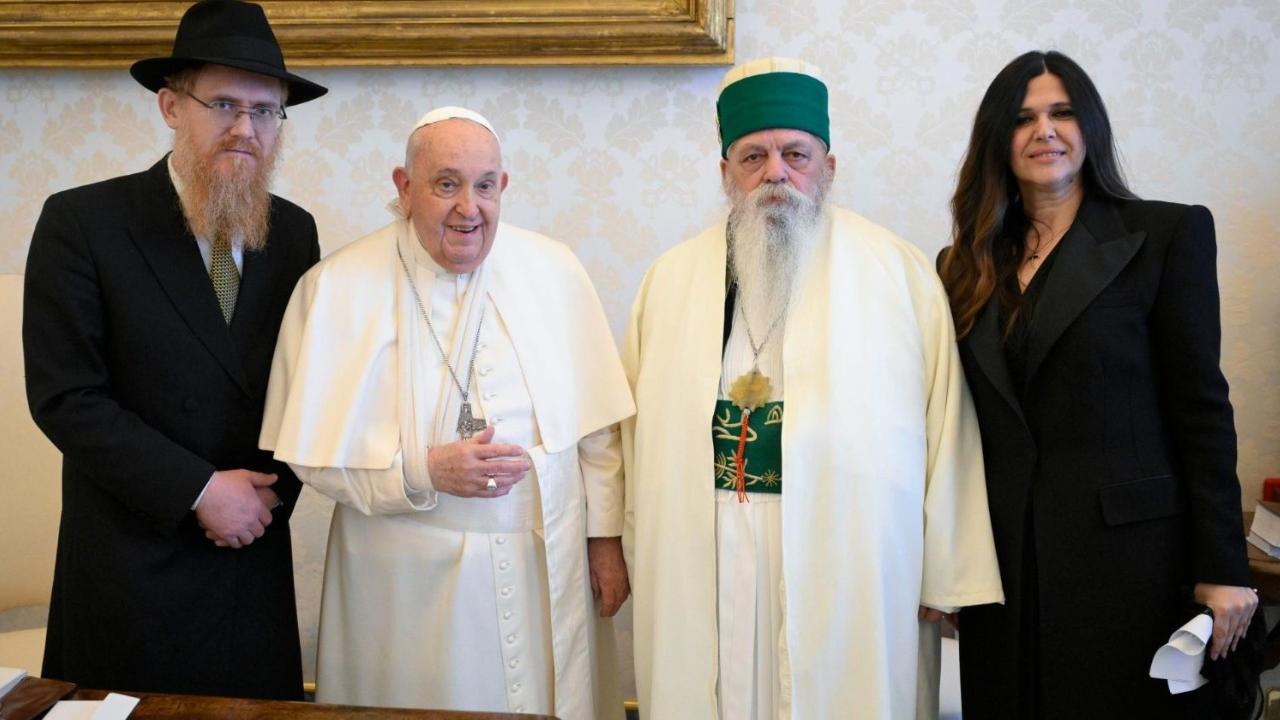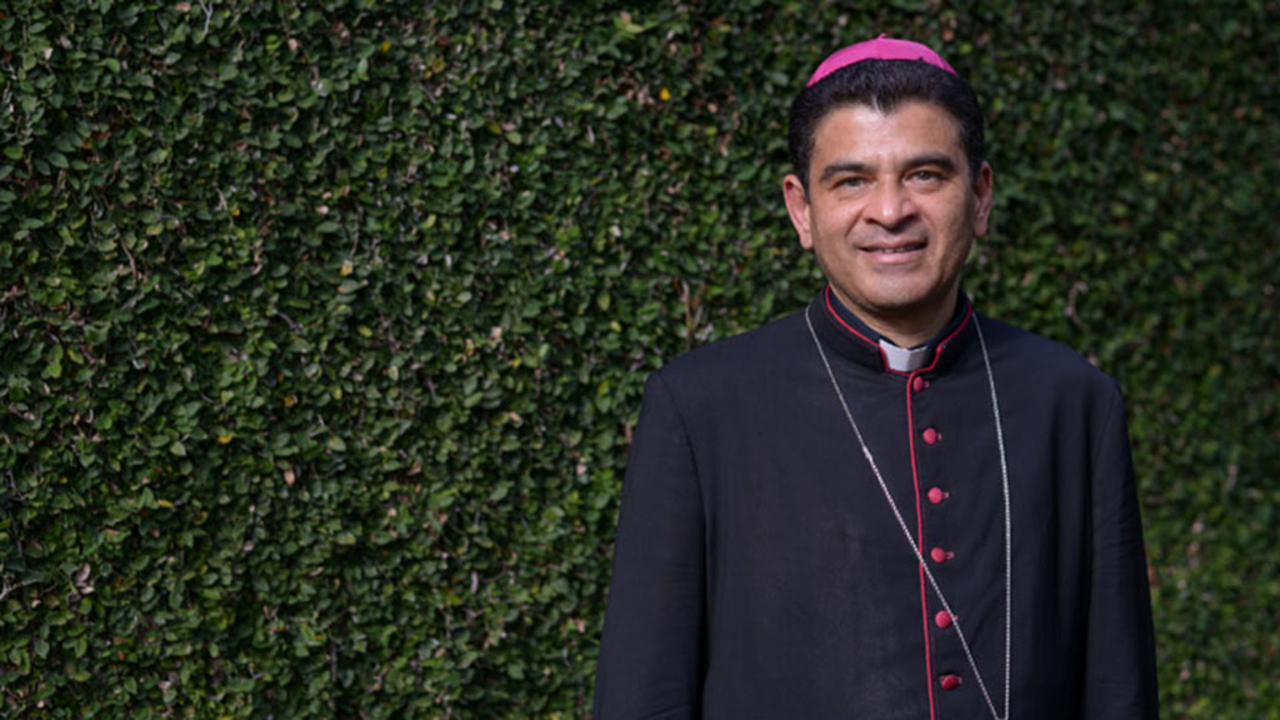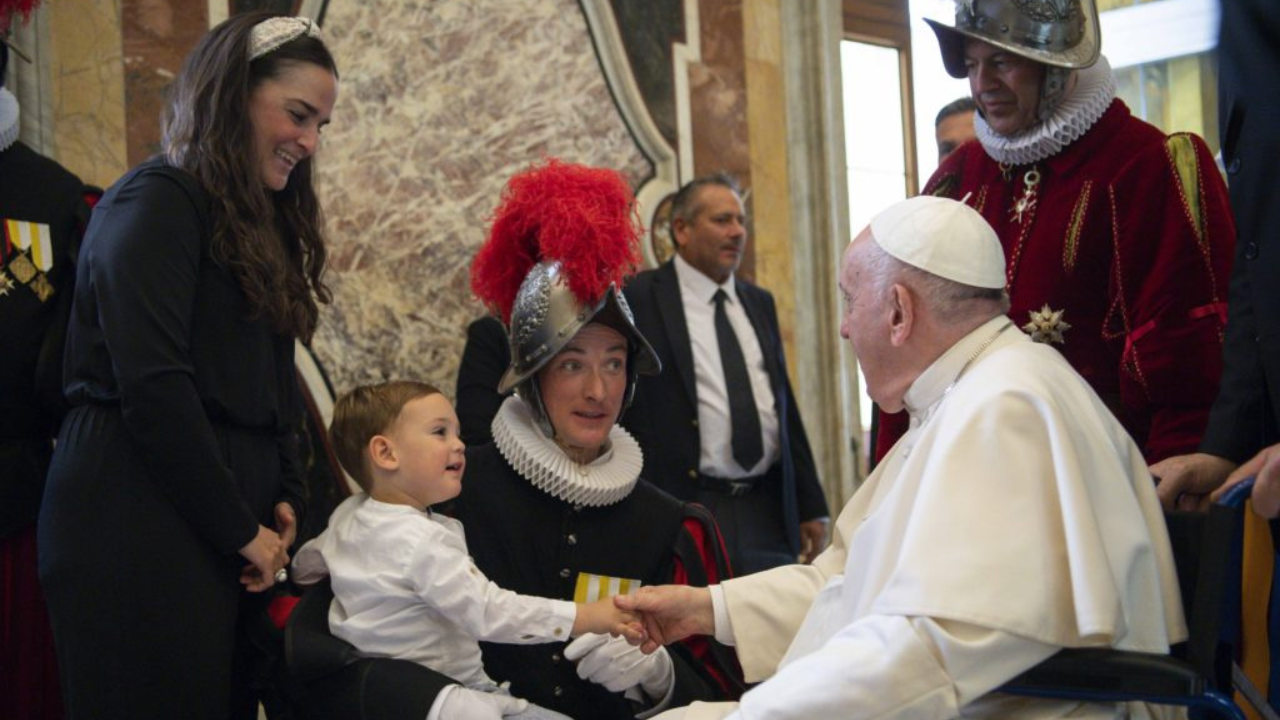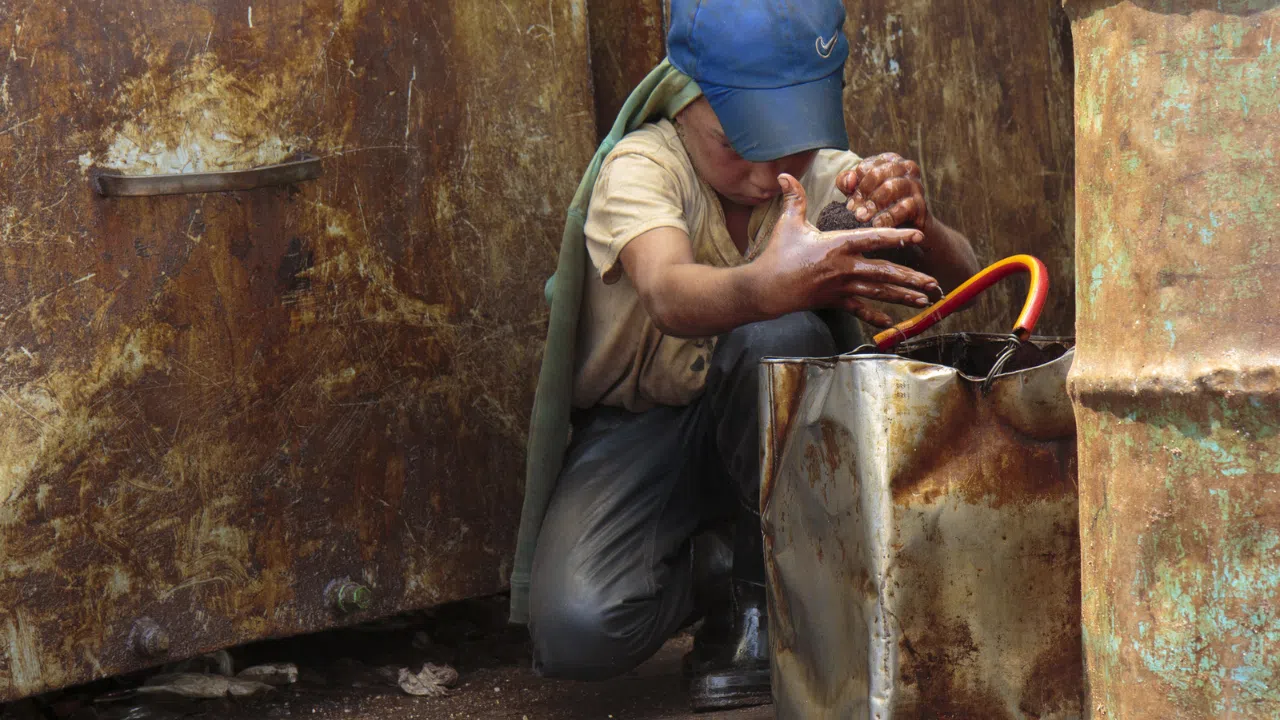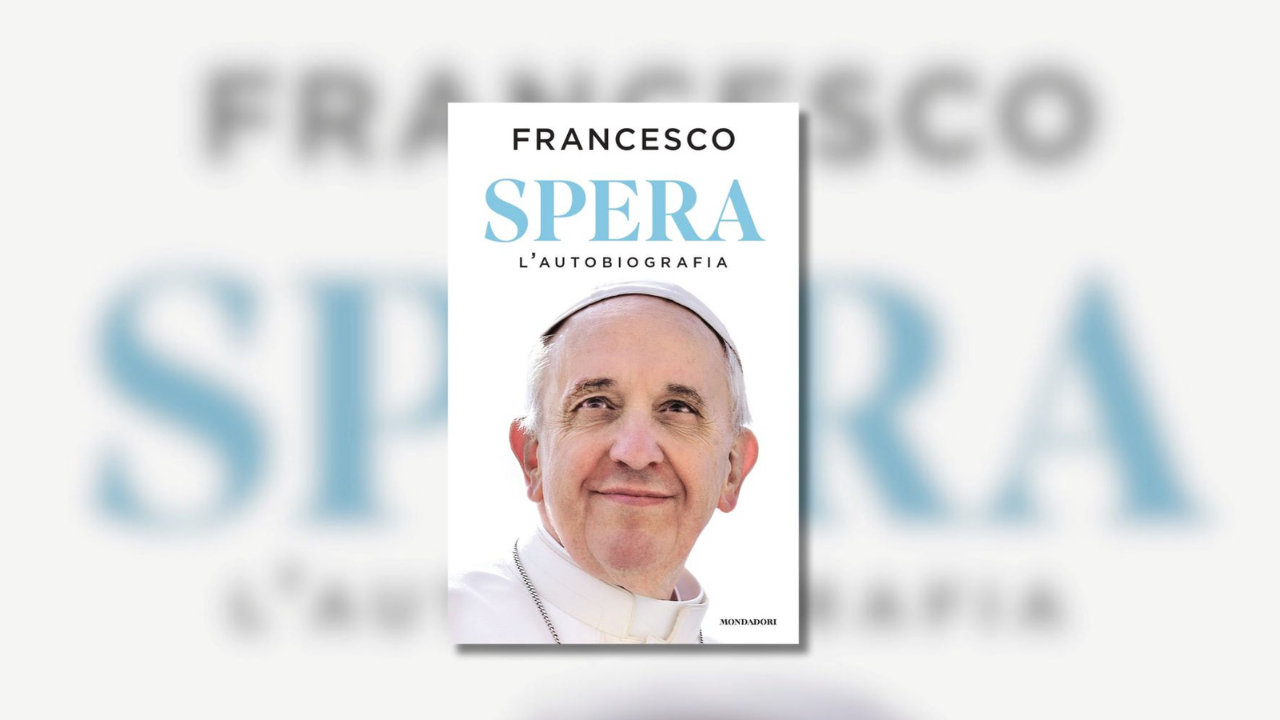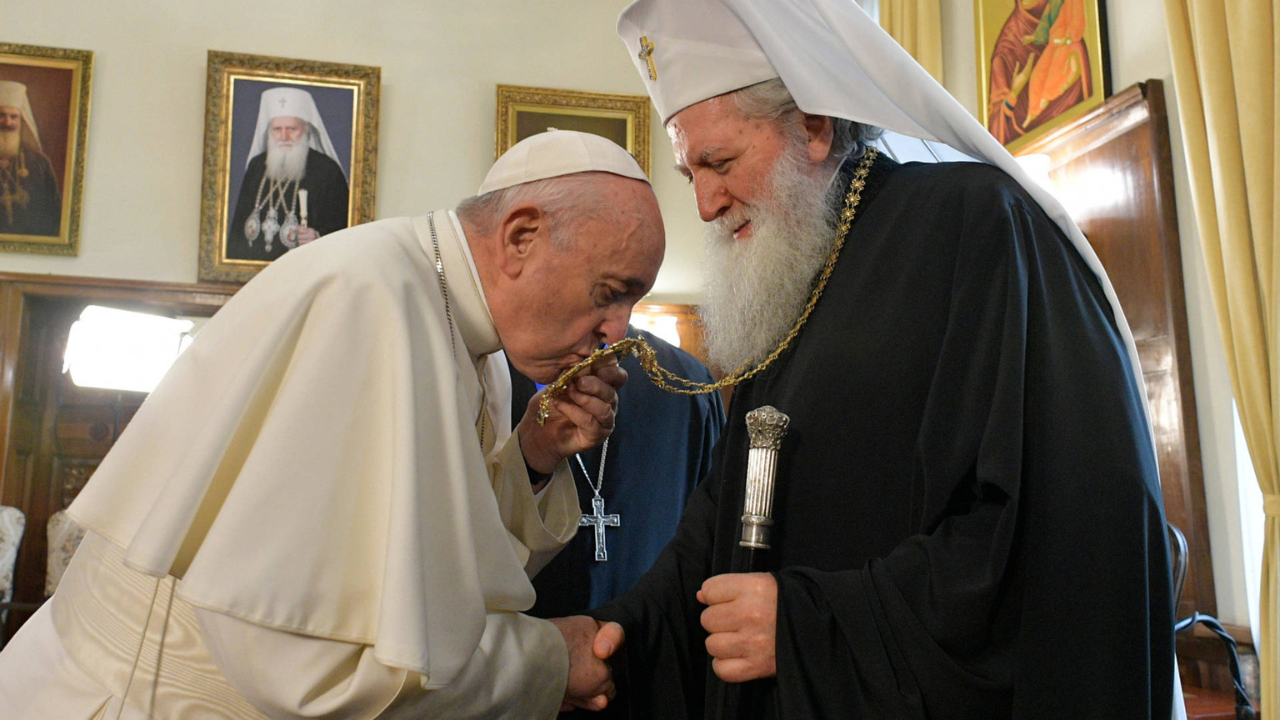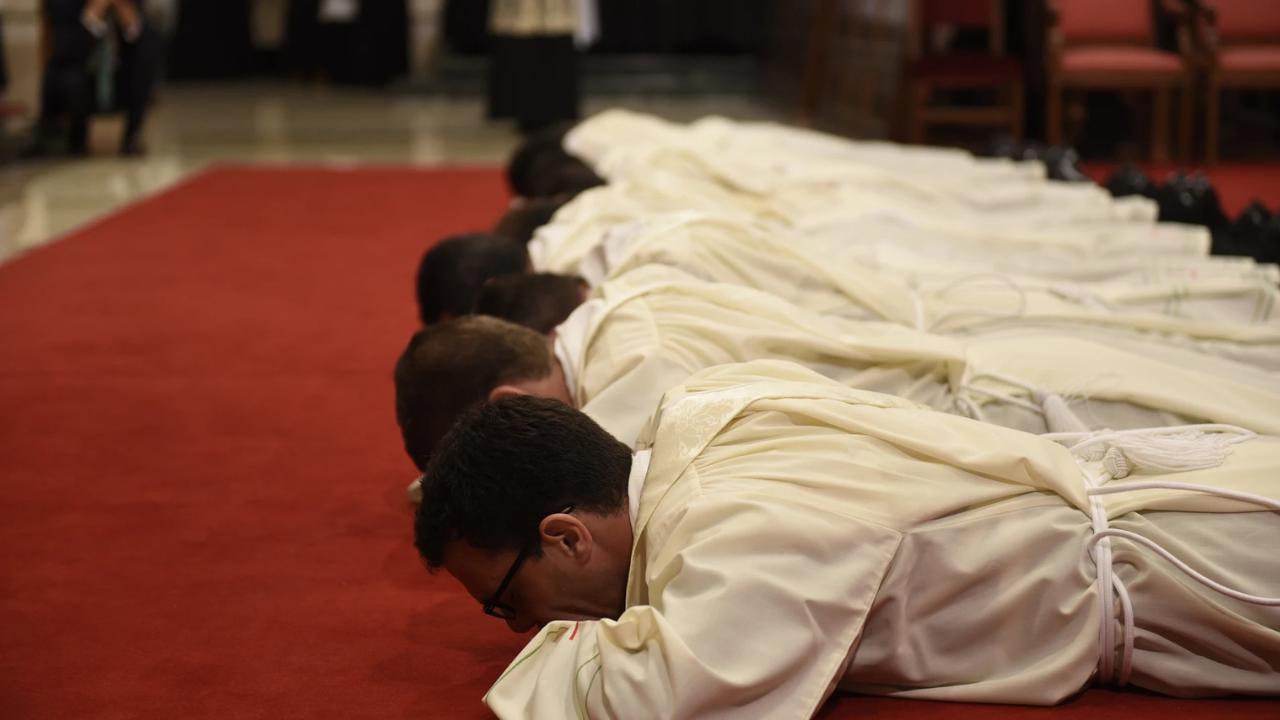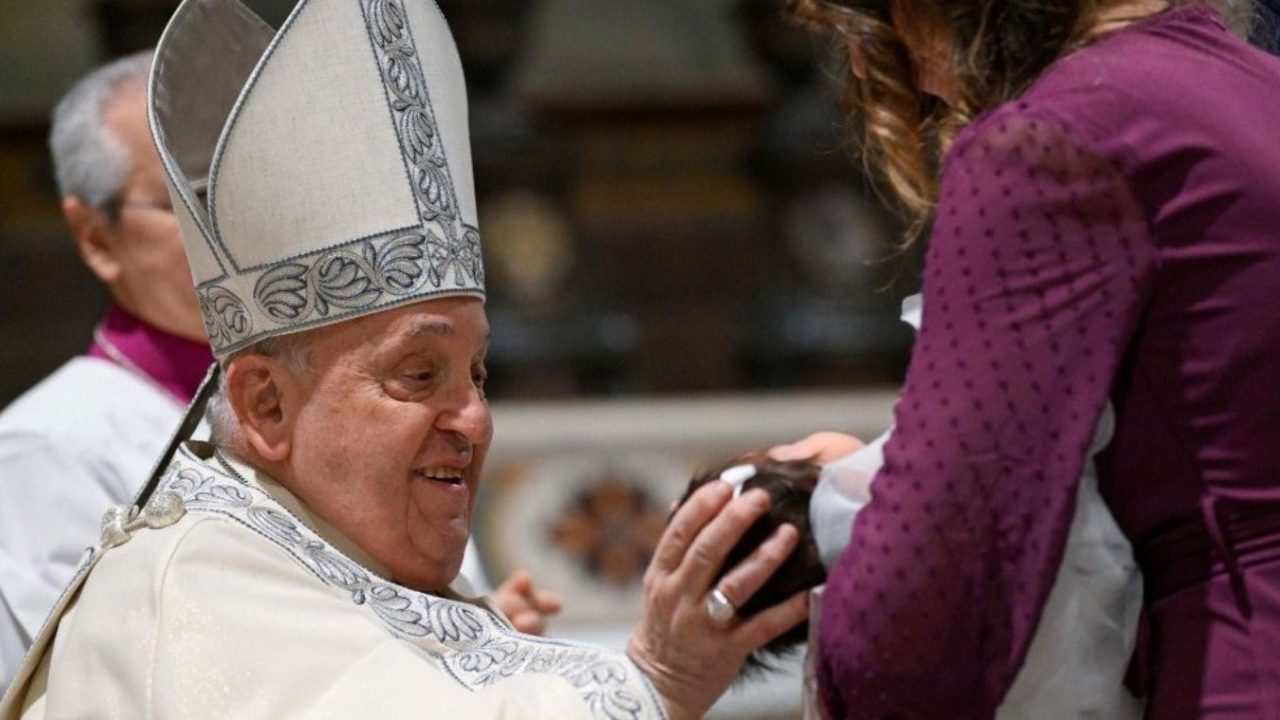It's an exhibit about art, war, history and faith. Since 2015 marks the centennial of the Armenian genocide, the items also reflect an underlying theme.
VARTAN KARAPETIAN
Armenian Embassy to the Holy See
'It's an exhibit that tells the story of Armenia. The tragic story of the genocide and the re-emergence of our people.â?
Titled: Armenia, The People of the Ark, this two month exhibit is taking place in the city of Rome.
Some of the priceless items were hidden by refugees during the genocide, where more than 1.5 million Armenians were killed under the rule of the Ottoman empire, in what is now present day Turkey. One hundred years have passed, but that chapter in history is still very much alive.
Those who managed to escape made near and faraway lands their new home. Amid the violence and persecution, some made it a point to protect these religious and historic items at all cost.
VARTAN KARAPETIAN
Armenian Embassy to the Holy See
'They were saved through the conscious decisions of deportees and refugees. Often times they protected these icons with their own lives. Their mission was to save an important testimony of their culture.â?
It includes everything from religious icons, to models of architecture and ancient manuscripts that were passed from generation to generation.
This is the largest manuscript written in Armenian. It includes homilies and it dates back to the 13th century.
VARTAN KARAPETIAN
Armenian Embassy to the Holy See
'It's made up of more than 800 parchment paper sheets, and given their size and the time period, it's more than likely that one entire sheep was used per page.â?
Since Armenia became the first nation to adopt Christianity as its official religion, some of these pieces could very well be the first Christian icons to ever be designed.
Armenia: The People of the Ark, will be on display until May 3rd and more than just a typical art exhibit, it reflects the rise and fall of a people, the pain of persecution and the strength of their revival.
KLH
MG
SV
-PR
Up: FV
